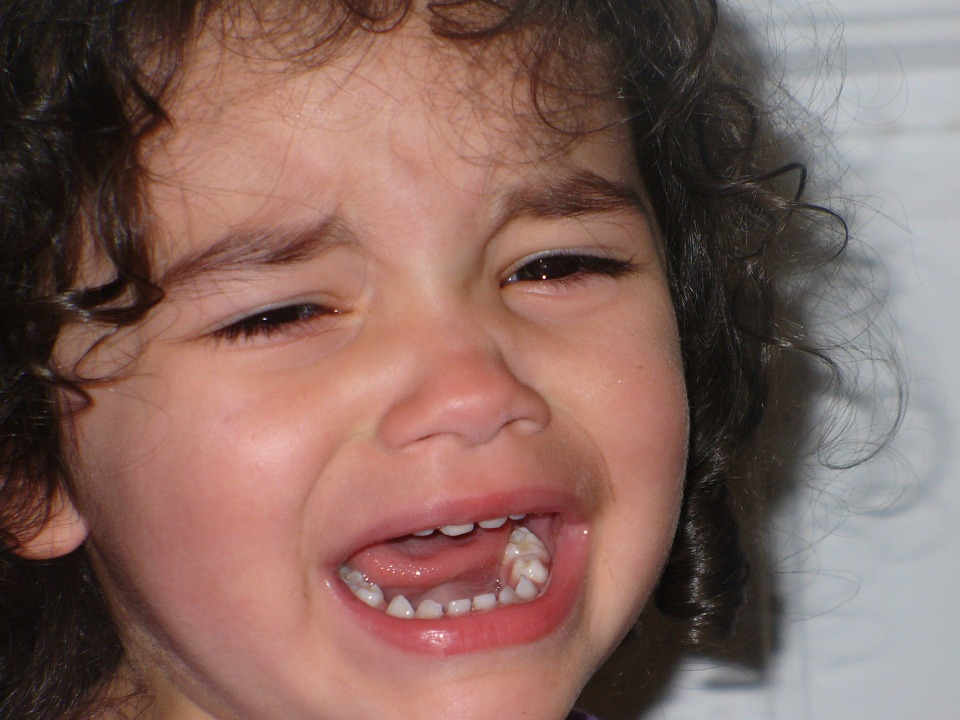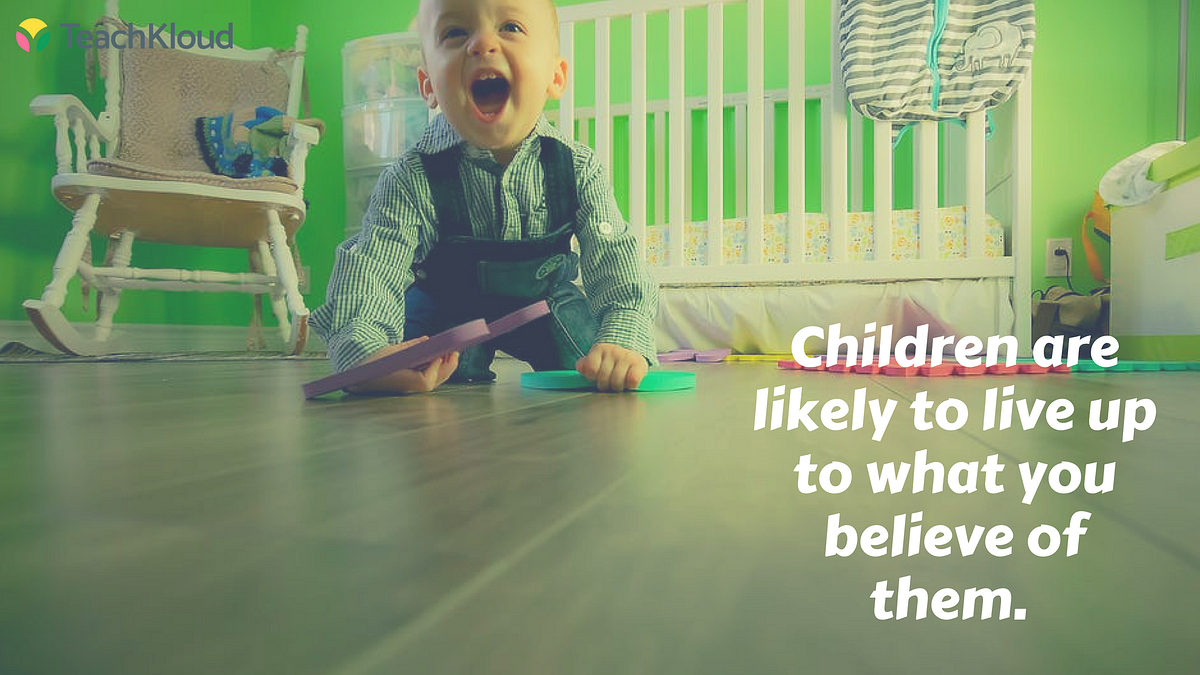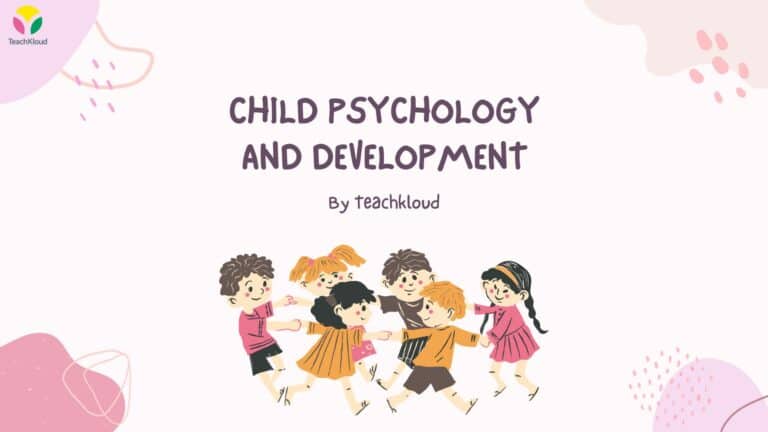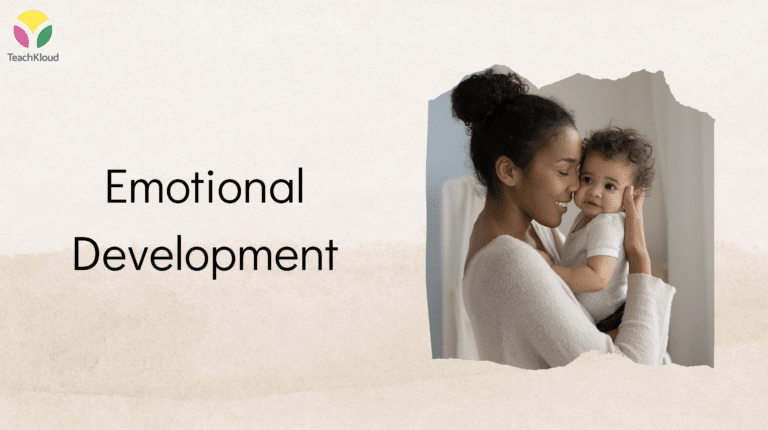The do’s and don’ts of collecting and dropping off your child: from a concerned preschool teacher
Starting preschool is such a fun and exciting time for your child. They are about to enter an entire new world and learn so many new skills that will be incredible for you to witness. However, something that often goes hand in hand with starting preschool, is separation anxiety. In the context of preschool, separation anxiety is due to the fact that your child has absolutely no idea what to expect. This can lead to anything from a few tears at drop off, to a fully fledged melt down, both of which can be really traumatic for a parent to witness.

In this article I will give you some guidelines on what you should and should not be doing at drop off as well as collection time, all of which will help to make the transition a whole lot smoother in the long run.
Do
Say a cheery goodbye: many parents make the mistake of sneaking out of the classroom, hoping that their child won’t notice them. While it’s understandable as to why one would think that this would be the correct way to handle the situation, it’s actually so much better to say goodbye to your child. Put on a big smile and use a cheery tone and say a big goodbye to your little one, tell them to have a lovely day and that you will see them when preschool is finished. Try to say goodbye the same way every day, even if it seems as though your child is ignoring you. This goodbye “ritual” becomes routine for your child, making them feel a lot more secure and able to really enjoy their day at preschool.
Don’t
Sneaking out is a no-no: as sneaking out without your little one seeing you may seem like a good idea, it really isn’t. When your little one turns around and you aren’t there anymore, it has the ability to instil a horrible sense of anxiety in your child. It’s a much better to say a very quick goodbye with a big smile on your face and remember to always mention that you will be picking them up later so that they know that you are indeed coming back for them.
Do
Let your child take an item of comfort on the first few days: contact your child’s teacher and ask if, on the first few days, your child can bring along an item from home that helps to soothe and comfort them. For some it may be their pacifier, for others it could be a teddy bear. Whatever it may be, taking it along will help to ease your child into their new environment. If they at any point start to feel anxious or uneasy, having their item from home at an arm’s length will make them feel so much more secure and content.
Don’t
Try not to let your child see that you are upset: this can be especially difficult in the first few days of your child’s preschool career as it is a very emotional time for parents. Try your absolute best to put on a brave face and a big smile on your dial. Your child is so sensitive to your emotions, and so the minute that they sense you are upset or unhappy, they will probably replicate the emotion which is not ideal. Rather try your best to keep it together and then have a big cry in the car.
Do
Speak about preschool in the days leading up to your child starting: start to introduce the idea of going to preschool to your child a week or two before they start. Chat about what they will probably be doing, something along the lines of, “After I drop you off, you will sit in a circle with the other children and play with play-doh, later your might draw and play outside. After you’ve had your snacks, it will be story time. And after that, I will be back to fetch you!). This is such a great way to help familiarise your little one with the idea of going to preschool without so that when they do start, they don’t feel completely thrown into the deep end.
Don’t
Try your absolute best not to be late for pick up: there are definitely times where you just can’t help it, perhaps there was unexpected traffic or your meeting ran late, but for the most part, you should be on time to collect your child from preschool. It can be heartbreaking for a child to see all of their friends being collected and their parents don’t show up until much later. If you can tell that you are definitely going to be late, phone your child’s teacher just so that they know. In most instances, they will distract your child from all of their friends going home, and play with them until you arrive.
Do
Send positive signals about preschool: from the moment you wake them up for preschool, try to make everything to do with preschool, positive. Help them pick out their clothes for the day and chat about what they are excited to do at preschool that particular day, let them help you pack their lunch if they are old enough. Also make an effort to chat about how fun preschool is and how proud you are of them, during the drive to preschool. As mentioned earlier, make the goodbye a cheery one and don’t forget to mention that you will be picking them up later.

Don’t
Once you have dropped your child off, don’t come back until home time: it is incredibly tempting to pop back into the classroom for “just one more goodbye kiss” or to give them the lunch that was forgotten in the car but this will probably make the second goodbye a lot more difficult for your child. Rather send the teacher back into the classroom with your child’s lunch. This is usually the most difficult in the beginning of your child’s preschool career and after they have been on holiday. But just like adjusting to being at preschool gets easier for them, it will get easier for you as well.
Do
Be prepared for a few setbacks: as parents, we know that our little ones go through some difficult patches, and so it would make sense that they would be a lot more anxious or tearful when one of these patches hits. This is completely normal, and as tough as it is, you just need to be patient. Keep on reassuring them and being positive about how wonderful preschool is. Speak to your child’s teacher as they also may have some tricks up their sleeve on how to make things a bit easier.
Don’t
Compare your child to their peers: each and every child reacts differently in a situation and so if your child isn’t adapting to preschool as well as you had hoped, it’s very easy to say something along the lines of, “Look at how Paul isn’t crying, what a good boy!”. This will only exacerbate their separation anxiety. Your child will learn to love preschool, it may just take a bit longer and a bit more reassurance from you.
Separation anxiety is really tough, not just for the child, but also for the parent and often it feels like it’s never going to end. But eventually your child will stop crying when you drop them off and will learn to absolutely love preschool. Just remember these do’s and don’ts mentioned in this article today and you will find the process much easier.
Parents can see what their child gets up to, share special moments and never miss out on important information on their child’s development. Tell you preschool provider about TeachKloud today!
Worth sharing?
Show some love by sharing this article with some teacher or parent friends.




